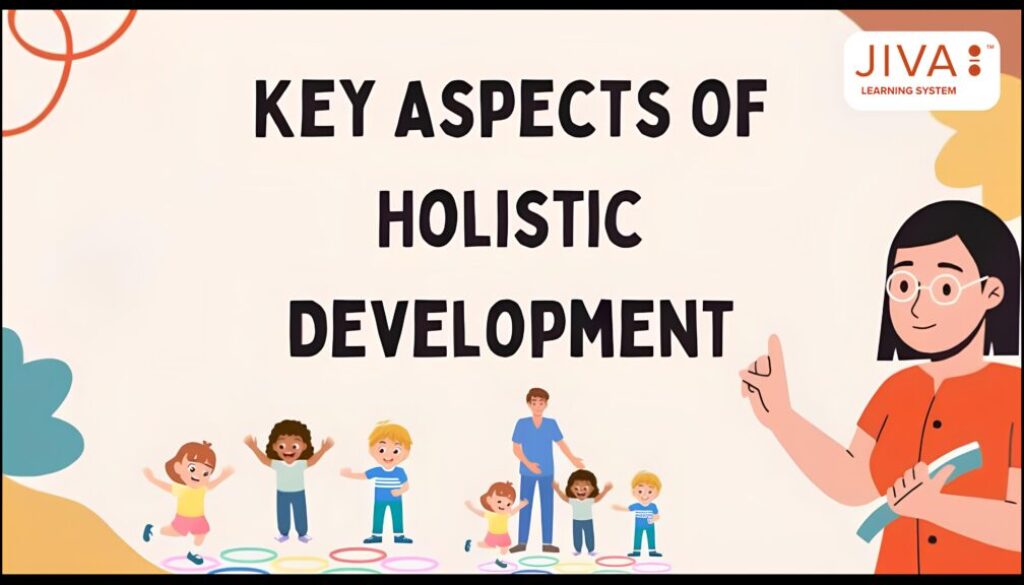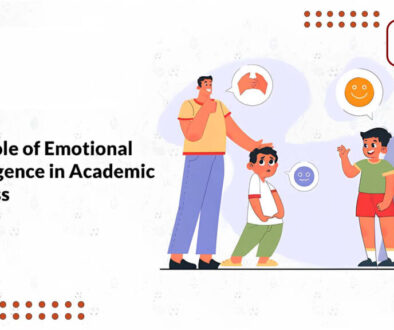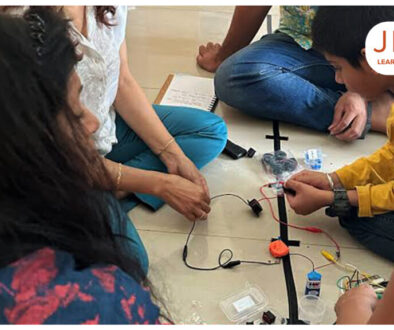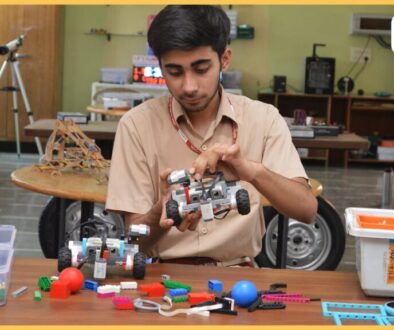Balancing Academics and Life Skills: The Key to Holistic Development
Life skills, the abilities that enable people to overcome challenges, build relationships, and have a greater impact on society, are equally important. Striking a balance between education and life skills is a vital component of a child’s holistic development that highlights their mind, body, and spirit. Achieving this equilibrium enables students to thrive in a world that is changing quickly.
Why Balance Matters
In the conventional educational system, academic success is highly regarded. Students are frequently pressured to perform well in science, math, and literature at the expense of their ability to solve problems, communicate clearly, and have emotional intelligence. However, this discrepancy may cause students to be ill-equipped to face the challenges of the real world.
Students who receive holistic development are guaranteed to be able to think critically, have social skills, and be emotionally stable. Attending schools that strike a balance between education and life skills increases the likelihood that students will maintain their personal well-being and succeed professionally.
What are life skills?
Life skills are a collection of abilities that enable people to successfully handle daily obstacles. These abilities fall into three major groups:
1. Cognitive skills: Problem-solving, critical thinking, and decision-making.
2. Social skills: Communication, teamwork, empathy, and conflict resolution.
3. Emotional skills: Self-awareness, emotional regulation, resilience, and stress management.
Benefits of Balancing Academics and Life Skills
1. Enhanced Academic Performance
Goal-setting, time management, and stress management are examples of life skills that directly affect a student’s academic success. Strong time management abilities, for instance, increase a student’s likelihood of finishing assignments on time and performing well on tests.
2. Better Social Relationships
Children are more able to make good, everlasting social relationships with their families, teachers, and friends when communication skills and empathy are more enhanced. Such connections foster an atmosphere promoting education and individual growth.
3. Career Readiness
Employers now place equal value on soft skills as they do on technical knowledge. Professional success requires problem-solving skills and adaptability in teamwork. Early acquisition of these skills aids educational institutions in better preparing their pupils for the workforce of the future.
4. Holistic Growth
Apart from intellectual development, students who manage their studies with life skills also develop emotionally, socially, and morally.
How to Integrate Life Skills into Education
1. Redesigning the Curriculum
It is important to restructure the curriculum, concentrating on integrated skills (from goal setting and time management to stress management) that are definitely relevant to the academic success of students. It is more apparent that students who are adept at managing time themselves are more likely to turn in assignments and to make excellent achievements in examinations.
2. Experiential Learning
Students who show effective communication and emotional control skills are able to establish and maintain successful relations with their peers, teachers, and parents. Developing a secure and suitable environment for further education is seen to lead to independent growth for all individuals.
3. Mindfulness and Well-being Programs
When stress management and other such skills are learnt by the student, this implies that they can survive every challenge from their personal life. This would also increase a sense of respect towards daily routines, the mixture of manlike skills in the socio-cultural interaction, and agility.
4. Teacher Training
The latest pattern is a lack of keenness among teachers to influence policy transactions required so urgently in all schools. Zygmunt Kotulski, therefore, mentions, ‘We cannot claim that these teachers should be recognised and allowed to live a life that has value.’
Challenges in Balancing Academics and Life Skills
While the benefits of holistic education are clear, there are challenges in implementing it effectively:
1. Limited Time: It can be challenging to find time for life skills instruction because of hectic academic schedules.
2. Lack of Response: Perhaps some parents hold this precedence over academics, or else some teachers want more academics than life skills.
3. Lack of Resources: The majority of educational institutions may not either have or choose to ignore the materials or skilled persons needed to convey life skills effectively.
4. Assessment Issues: Skills are hard to evaluate in quantitative terms when compared with their academic counterparts.
Overcoming the Challenges
1. Integrating Skills into Existing Subjects
The skill could be taught as a separate course, but one way to put it into a more well-integrated perspective with the rest of the curriculum is by teaching particular life-skills activities subject-wise. Leadership and decision-making continued into the subject history as the topic.
2. Raising Awareness
It wouldn’t be wrong to say that life skills training is more useful in the society as a whole. Parents should take such responsibilities since only then can the importance of life skills be kept alive at any rate.
3. Partnering with Experts
Working with specialists in the field could surely improve life skills in through-school or organisational programs.
Conclusion
It is imperative that life skills and academics be balanced and not just a fad so that students are adequately prepared for the challenges of contemporary life. By encouraging both intellectual and personal growth, educational institutions can create well-rounded individuals who are prepared for success at all stages of life. Jiva Learning System recognises the value of this balance and strives to provide education that promotes holistic development. Together, the community of teachers and parents can ensure that every child reaches their best potential.




